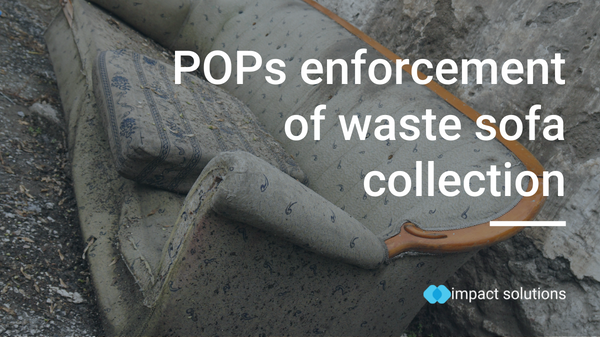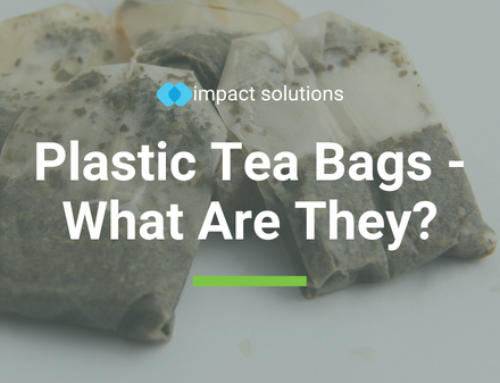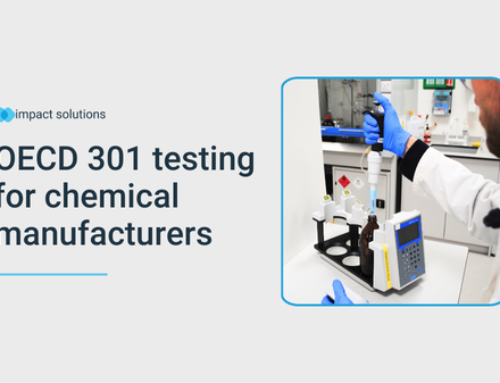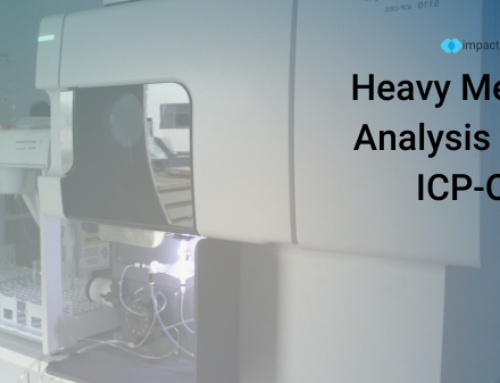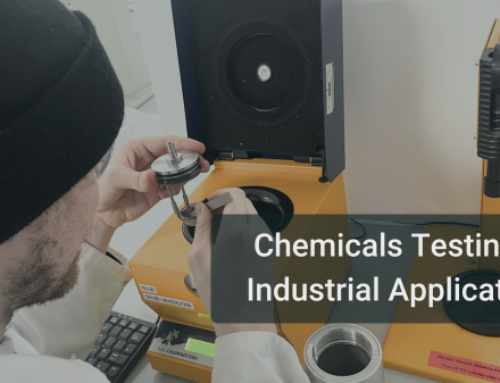POPs Enforcement of Waste Sofa Collection
Some UK councils, as reported by Letsrecycle, have stopped collecting used sofas due to concerns over the presence of Persistent Organic Pollutants (POPs) in the foam padding of these items. Many sofas and other upholstered furniture items are treated with flame retardants to reduce the risk of fire. Some of these flame retardants contain Persistent Organic Pollutants, which can be released into the environment when the furniture is disposed of.
Understanding POPs Regulations in the UK
The Persistent Organic Pollutants regulations in the UK are designed to protect human health and the environment by controlling the use and release of certain toxic chemicals. Waste collectors in the UK must comply with these regulations by properly managing and disposing of POPs-containing waste materials. This may include correctly labelling and storing waste materials, as well as ensuring that they are transported and disposed of in a safe and environmentally responsible manner. Waste collectors may also be required to provide documentation and record-keeping to demonstrate compliance with the POPs regulations.
How Does the Environment Agency (EA) Regulate POPs?
The Environment Agency (EA) in the UK does not specify particular test methods that should be used when testing for Persistent Organic Pollutants. Instead, the EA generally requires that waste collectors follow the guidance and requirements set out in the POPs regulations, which include provisions for the proper management, labelling, and disposal of POPs-containing waste materials.
Which Chemicals Are Classified as Persistent Organic Pollutants?
The Persistent Organic Pollutants regulations apply to a wide range of chemicals, including pesticides, industrial chemicals, and by-products of certain manufacturing processes. Some examples of chemicals that are listed as POPs by the EA include:
• Aldrin
• Chlordane
• DDT (dichlorodiphenyltrichloroethane)
• Dieldrin
• Endrin
• Hexachlorobenzene
• Mirex
• Toxaphene
This is not an exhaustive list, and the POPs regulations cover many other chemicals as well. Waste collectors in the UK must comply with these regulations by properly managing and disposing of POPs-containing waste materials.
How to Test for Persistent Organic Pollutants in Waste
There are various testing methods that a waste collector can use to determine if their waste contains Persistent Organic Pollutants.
This method involves analysing the chemical composition of the waste material to identify the presence of POPs. This can be done using various techniques such as gas chromatography, mass spectrometry, and inductively coupled plasma-mass spectrometry.
This method involves exposing a sample of the waste material to a group of test organisms (such as bacteria, fungi, or plants) and observing any changes in their growth or behaviour.
Need Waste Analysis Testing? Contact Us Today
Do you require waste analysis testing for your chemical products? Fill out our contact form today to speak with our specialists and get started.

